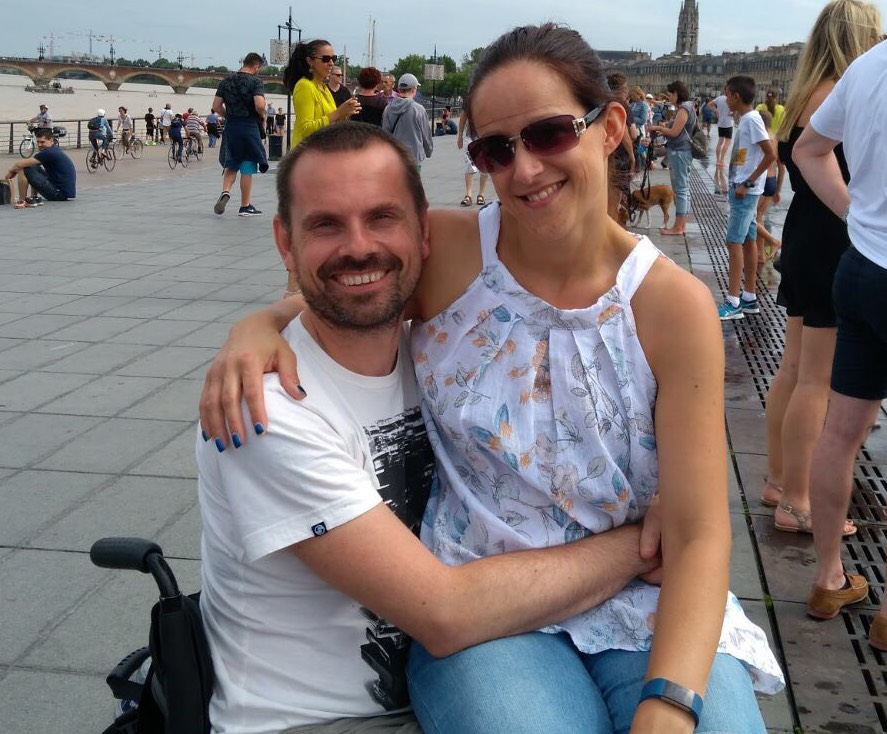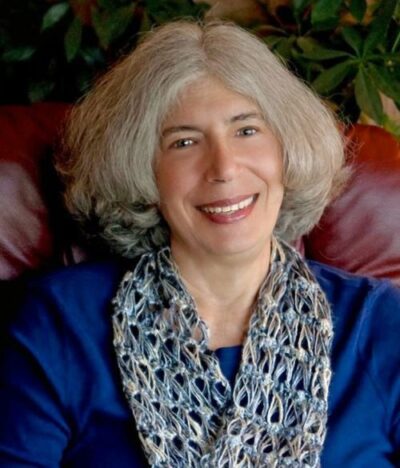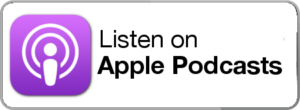‘Tis the season to be thankful, grateful, and appreciative. But how does one get to a place of gratitude if you’re feeling miserable — physically, emotionally, or both? Toni Bernhard, author of How to Be…
Baxter Bell, MD is not just a family medicine physician, he’s also a certified acupuncture practitioner and yoga therapist. Together with co-author, Nina Zolotow, they wrote the book, Yoga for Healthy Living: A Guide to…
Gareth Walker, in northern England, works as a police officer and has progressive multiple sclerosis. His daily practice of mindfulness meditation enables him to navigate the physical and emotional difficulties of living with a chronic…
Author Toni Bernhard was a law professor for 22 years at UC-Davis until she had to retire due to a viral infection which evolved into a chronic debilitating illness. In this episode Toni talks about…


